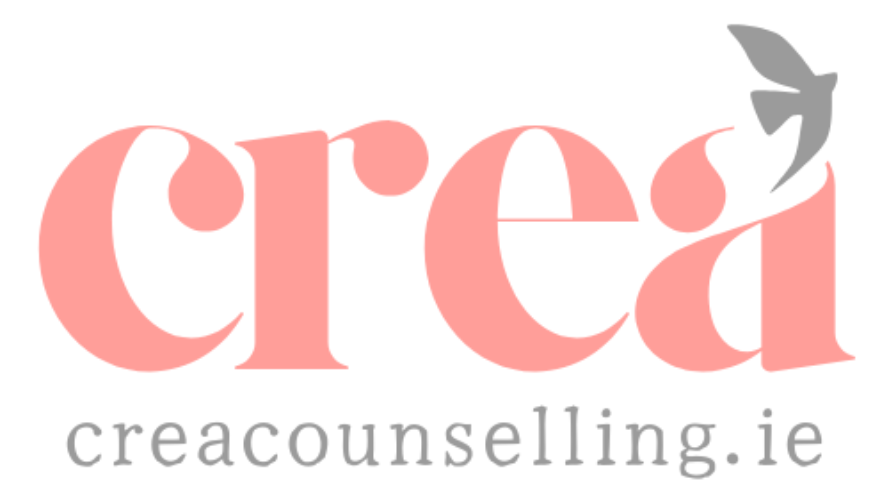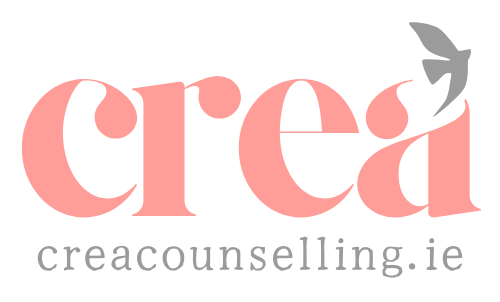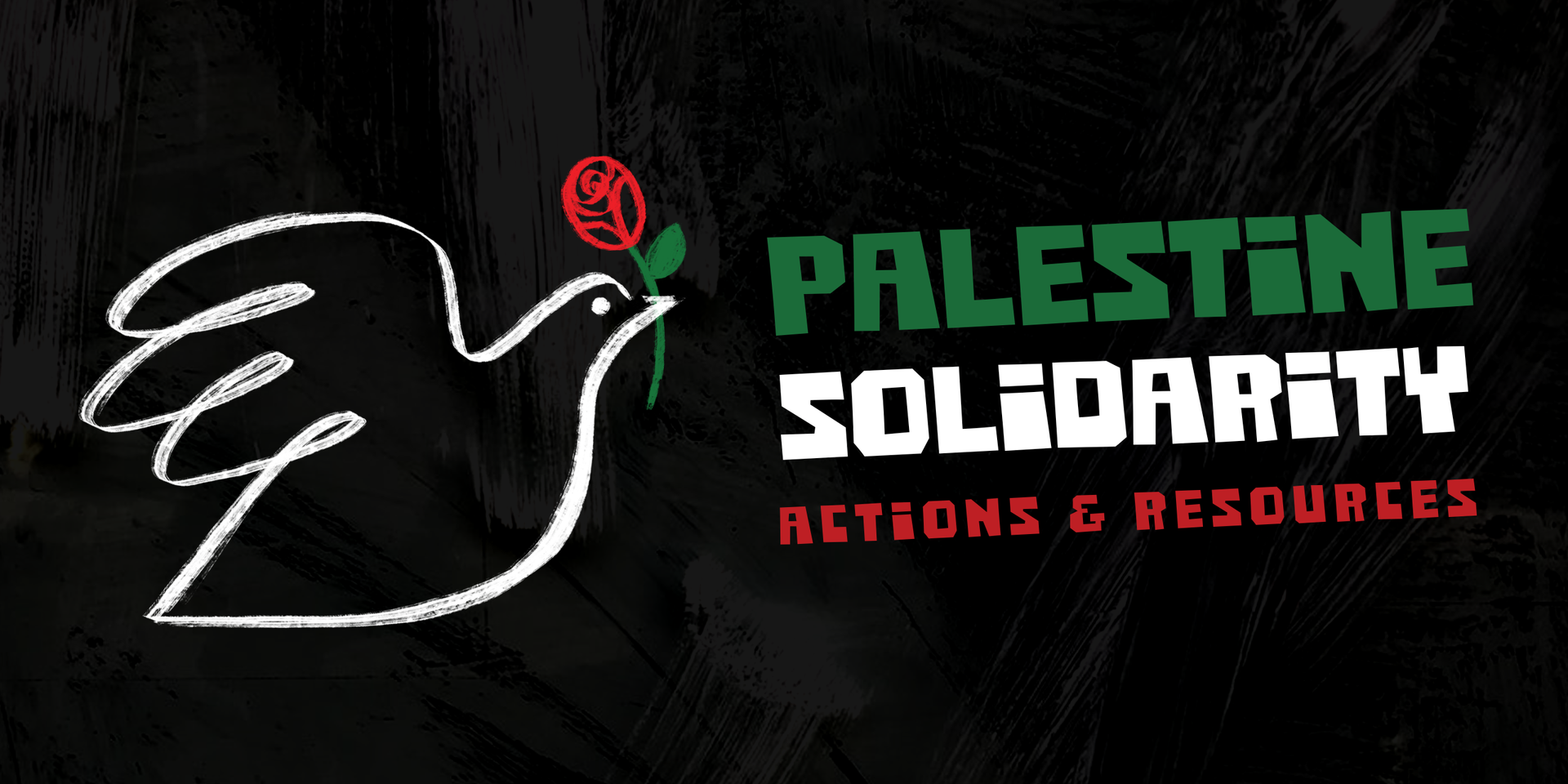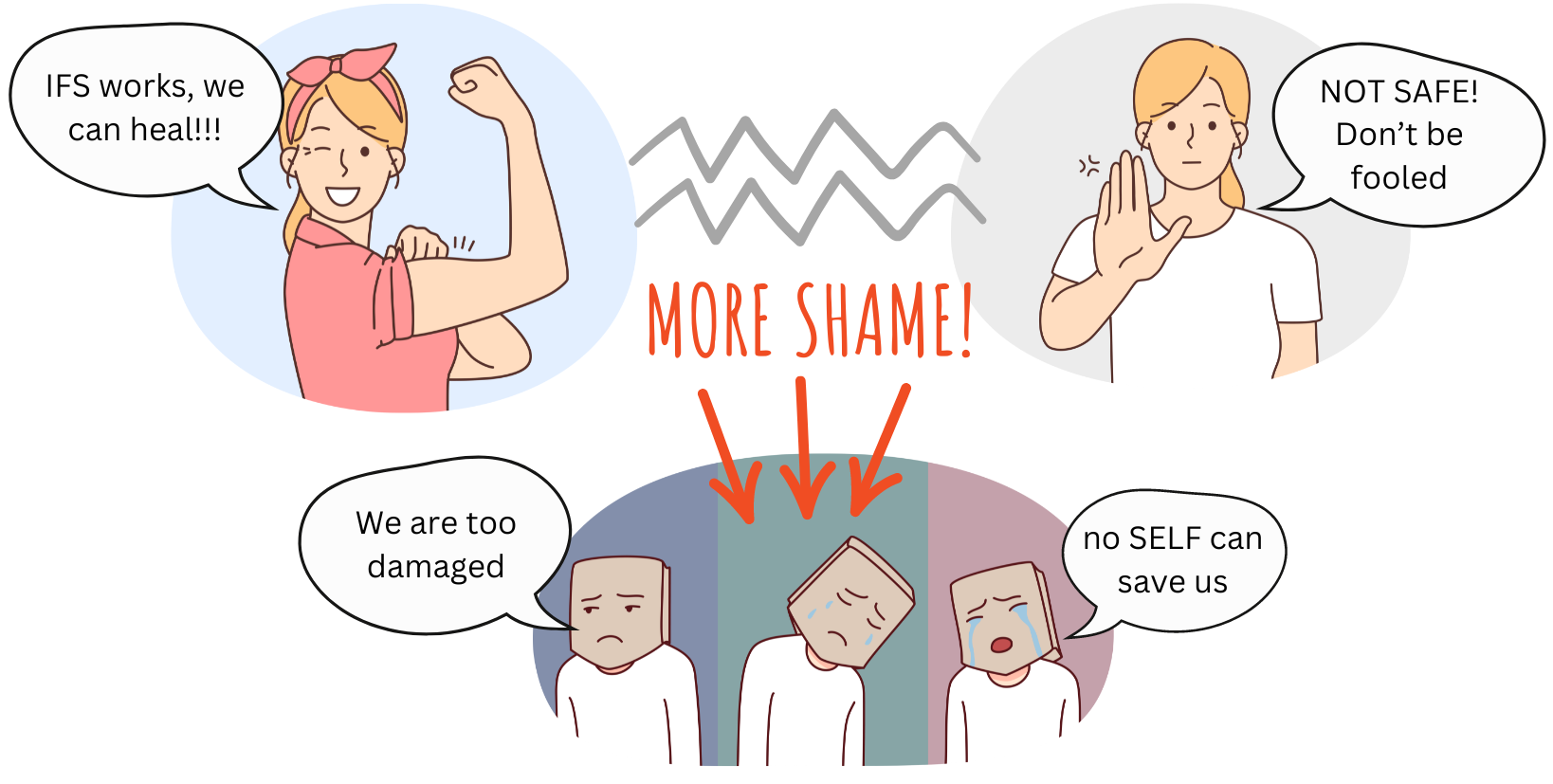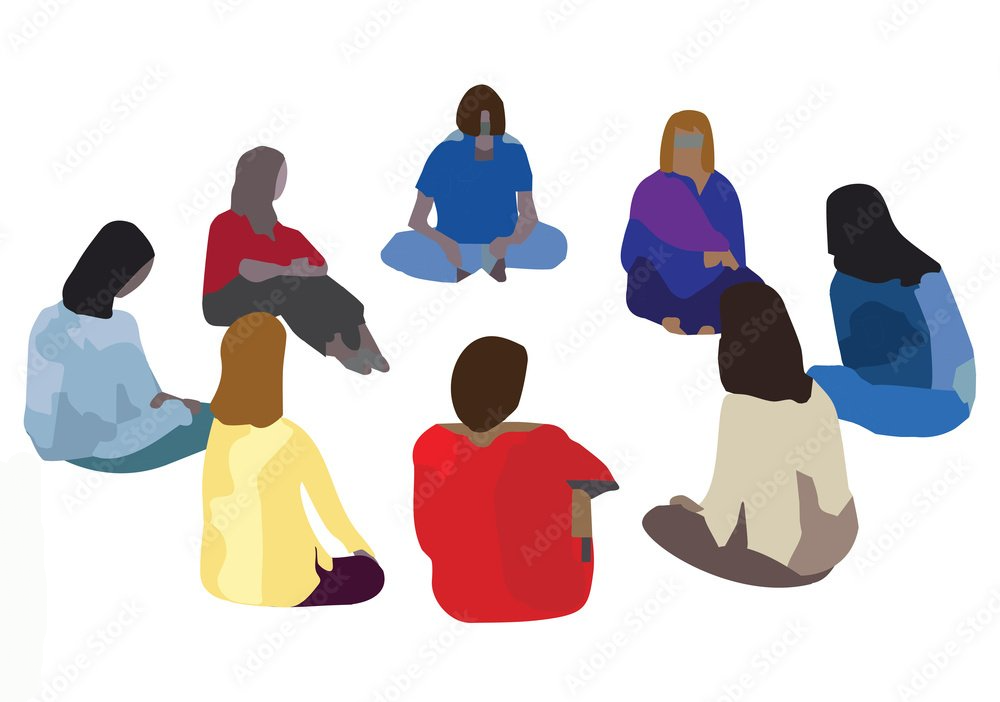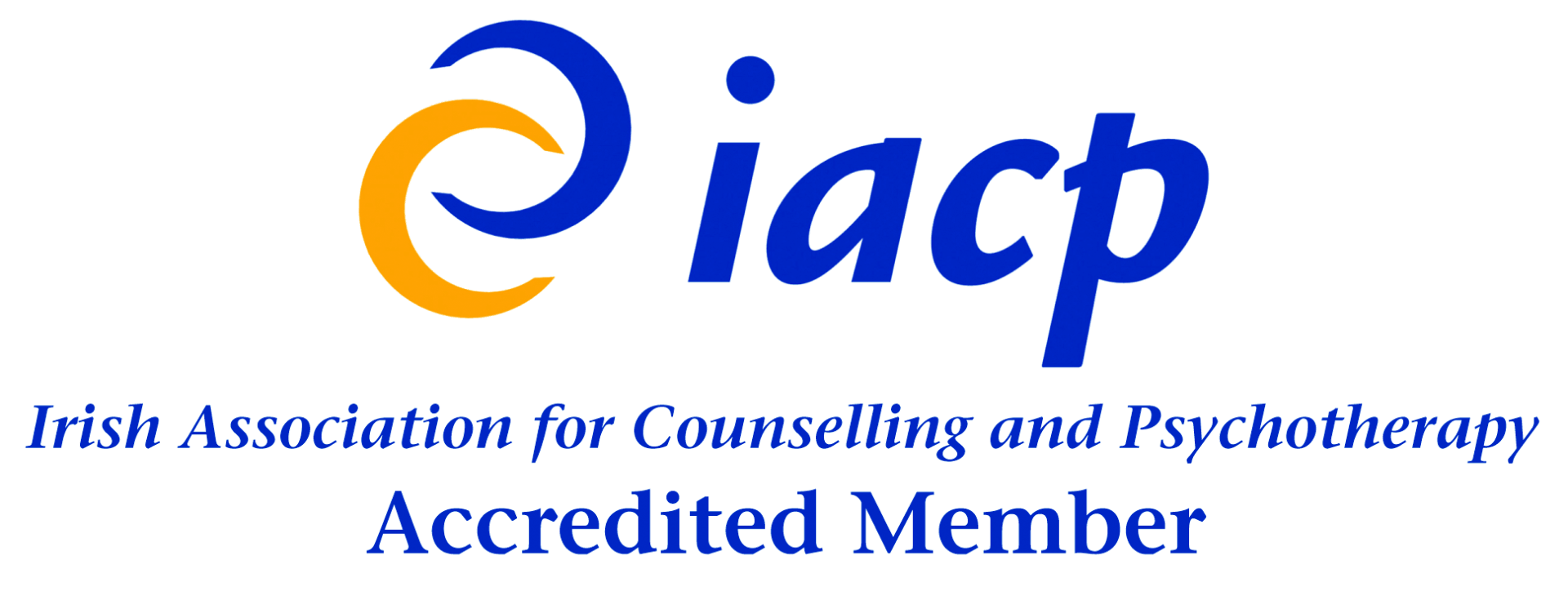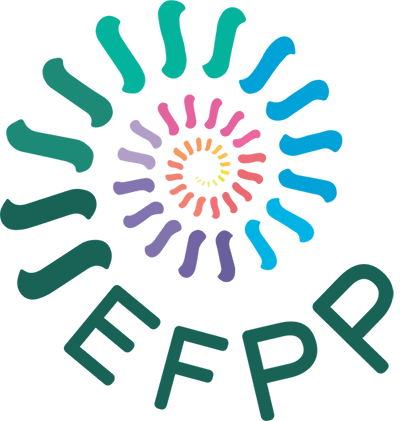IFS- healing our young parts
Dr Frank Anderson's explains the IFS process for healing our wounded inner children
In this 6 mins. video, Dr. Frank Anderson, IFS lead trainer and trauma expert, describes three main steps for healing attachment wounds. It draws on the IFS therapy understanding that often young parts of us hold extreme beliefs, memories, feelings and sensations (which IFS calls 'burdens') linked to being unsafe or unseen growing up, Bringing our compassionate awareness (Self energy, in IFS language) to these inner children and meeting their unmet needs 'in our minds', we use the neuroplastic power of the imagination to help them release past burdens and find a safe and loving home inside of us.
Here are the steps that Frank identifies:
1.Witnessing is about listening to the stories/memories that these inner children hold, but, above all, it is about connecting empathically to the feelings and sensations that they communicate through the body.
2. Corrective experience: In step 2. we deepen our connection by attuning to the part's unmet needs. Can we be there for them and love them in the way they needed to be but never were? How often do we need to check in with them?
3. Releasing and transformation: Once these inner children feel seen, heard and known, once they are given what they needed but never got, they can start releasing the extreme negative beliefs/feelings and sensations they had been carrying. This is known in IFS as 'unburdening' which Anderson speaks of as a 'transfer of energy' which is physiologically felt.
For the IFS sceptics...
While this makes intuitive sense to a lot of people, it may not to others. Not everyone relates to the notion of parts, and even less to that of having 'inner children' (some may object that caring for their outer children is enough!) Most of us, however, can relate to a sense that there is some vulnerability in us (ways in which we feel small or powerless in different situations - what IFS calls 'exiled parts') and that we all develop ways to either prevent or defend this vulnerability (what IFS calls 'protectors').
In essence, healing in IFS can be understood as the process of connecting with our hurt or vulnerability from a strong and compassionate place inside our minds and bodies (our Self). We may do so through sensations, feelings, beliefs and memories (witnessing). When we no longer fear being overwhelmed by our vulnerability, we are not compelled to avoid it or punish it. We can feel safer within ourselves (what IFS may call 'being self-led') and have more choice about the best way to respond (rather than impulsively react) to challenges.
This all sounds good in theory but when we have had a lot of overwhelmingly painful experiences, it may be hard to believe we can ever feel safer and more connected to ourselves and others. Even hoping that this may be possible can feel threatening, when our hopes have been dashed so many times before.
I am a trained IFS therapist but I'm not a fan of the way IFS is sometimes presented as 'the thing', some sort of highway to 'fast and permanent healing.' My impression is that this has created unrealistic expectations which can leave trauma survivors and their wounded parts feeling even more broken, deficient and ashamed: 'If IFS therapy is so great and everybody else gets better fast, there must be something very wrong with me if I don't!'
When it comes to complex, relational trauma, healing our vulnerability and hurt is an ongoing process which requires patience and may happen in a gradual and non-linear way. Trust needs to be earned over time: both internally - i.e. the trust between the parts carrying or protecting wounds and our undamaged, healing core (Self) - and interpersonally, within the therapeutic relationship and beyond. Trying to speed things up and get to a big cathartic unburdening (another IFS I am not enamoured with) can be counterproductive. Ask your 'IFS therapy resistant' parts...they'll tell you all about it!



